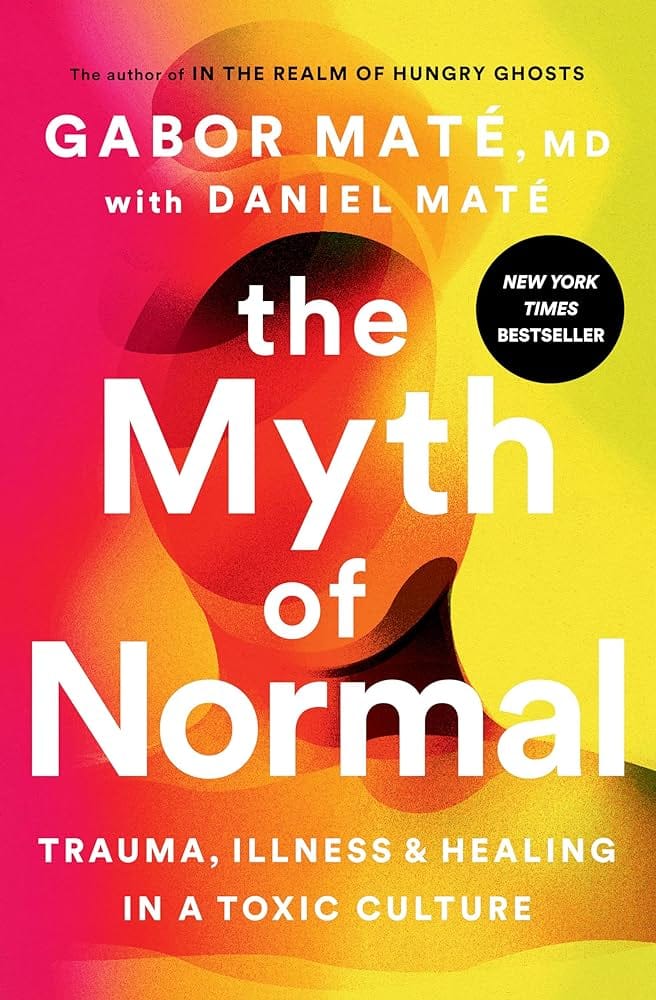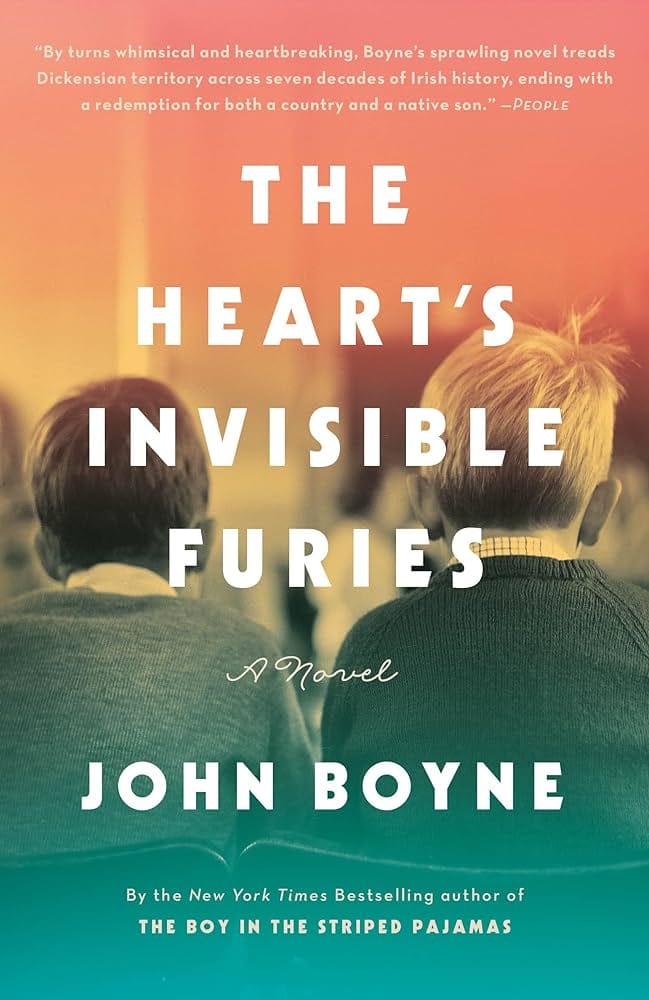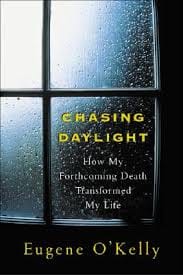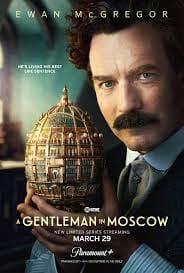- It's An Inside Job
- Posts
- How You Feel Profoundly Influences How You Perform
How You Feel Profoundly Influences How You Perform
Welcome to the inaugural issue of "It’s An Inside Job." I'm Tony Schwartz, CEO and founder of The Energy Project.
In this newsletter, I'll share insights from our work, which over the past 20 years has helped tens of thousands of leaders and people at all levels in organizations to better manage their energy – physically, mentally, emotionally, and spiritually.
My HBR article, “Managing Your Energy, Not Your Time,” was recently voted by HBR as one of its three most impactful articles of all time.
We can't create more hours in the day, but we can increase our capacity by expanding, regularly renewing, and more efficiently deploying our energy.
In recent years, my colleagues and I have gone one level deeper to understand what’s going on inside you that stands in the way of making changes in how you manage your energy, even when you know the way you’re working isn’t working.
In a sentence: It’s an inside job.
Whether you're a leader, a manager, or simply someone seeking to live a more purposeful and energized life, you'll find practical wisdom here, underscored by research across multiple fields, to help you navigate the complexities of modern work and life.
When we introduced the concept of managing energy into organizations more than two decades ago, precious few leaders were paying attention to employee burnout, resilience, or well-being – or to what their people were feeling in any given moment. Few organizations recognized that how their people feel is critical to how they perform.
That’s because what’s going on inside us profoundly influences how we show up on the outside, and you can’t change what you don’t notice.
Conventional Wisdom vs. Core Wisdom
Conventional wisdom tells us that success depends on cultivating the skills to meet our goals and marshaling will, grit, and discipline to get them accomplished.
Core wisdom recognizes that’s only half the story. The other half lies in our inner world— and requires seeing through our blind spots, fixed beliefs, biases, habits, fears, and rationalizations to unlock all of who we are capable of becoming.
The Inner Workbench:
Our Journey from Energy Management to Inner Work
For decades, we’ve been exploring a fundamental question: What truly allows people to perform at their best while also living satisfying lives outside work?
For me, this inquiry began when I was a journalist and wrote a book called “What Really Matters: Searching for Wisdom in America.” During the research, I met a sports psychologist named Jim Loehr, who was working with professional athletes by interpreting their performance challenges through the lens of how effectively they were managing their energy.
Jim and I worked together for four years to bring this work into the corporate world, and in 2003 I went out on my own and founded The Energy Project. Early on, my colleagues and I launched our flagship program, which is called PeopleFuel.
Delivered in versions ranging from a half-day to 12 weeks, PeopleFuel is designed to help individuals and organizations learn how to systematically manage energy across the four dimensions.
Tens of thousands of participants have gone through PeopleFuel, and we’ve been able to consistently demonstrate that it leads to higher engagement, job satisfaction, better retention, and broader well-being. I’ve documented these results in two NY Times bestsellers, The Power of Full Engagement and The Way We’re Working Isn’t Working, and in dozens of articles I’ve written for the Harvard Business Review and the New York Times.
Today, there is more demand for our energy programs than we’ve ever experienced before.
At the same time, as the years passed, we began to notice a persistent challenge that is common in any change effort. While our clients readily grasped the concepts and experienced immediate benefits from PeopleFuel, sustaining their energy management practices proved more difficult. None of us make major changes in our behavior easily.
As we investigated more deeply, we realized that resistance to change is also a core principle of physics. It’s captured in the Third Law of Thermodynamics: “To every action, there is an equal and opposite reaction.”
My colleagues and I spent five years investigating why resistance to change is so common. This journey yielded an important discovery. Beneath our conscious desires for change lie powerful, often invisible forces that prompt what researchers Robert Kegan and Lisa Lahey have described as “immunity to change.”
These forces—which we call "defenders” and which largely run our lives—often sabotage our best intentions. Beginning in 2020, we launched our flagship leadership program called QuantumLeap – the next step in the inner journey that began with energy management.
In QuantumLeap, we help leaders understand how their early experiences shape their current behaviors, and how they can access their "core self"—the wisest, calmest self we have—to make better decisions, and to lead more effectively and live more authentically. This discovery transformed my own life.
None of this is a walk in the park. It requires courage and humility to look at parts of ourselves we'd rather avoid. But the rewards are profound. The leaders who have undertaken the QuantumLeap journey discover resources within themselves that they never knew they had. They’ve found themselves not just more effective at work, but more deeply fulfilled in their lives.
Listen to these leaders talk about their experience:
While energy management remains foundational to our work, we now understand that sustainable change also requires a deeper reckoning with our inner world. To become a truly transformational leader, you must also become a bigger human being.
A bigger human being sees more, feels more, and avoids less. That requires embracing all of who you are – including the parts you wish you didn’t have. The less energy you spend defending your value, the more energy you have to add value to others, and in the world.
Reach out to me – [email protected] – and we will share more about PeopleFuel, QuantumLeap and our breakthrough approach to consistently tapping the best of who you are, as a leader and as a human being. We’ll also be happy to set up a conversation with one of our business development professionals.
Inner Work, Outer Results: Eren Rosenfeld
I began my career as what I'd call a "road-warrior consultant" at Accenture. That drive carried me through senior HR roles at Merrill Lynch, Bank of America, BlackRock, and Russell Reynolds Associates, all the way to becoming COO at the Energy Project and running my own leadership development practice. |  |
I was the quintessential 'white-knuckle' worker. I worked hard to bend my body to my will, working 16-hour days and telling myself, “I can sleep when I'm dead.” It was my badge of honor.
My perspective began to shift when I first encountered Tony's work at Merrill Lynch. I brought him in to work with our top financial advisors about managing their energy. We couldn’t afford to have them burn out. Tony’s message resonated so deeply that I kept bringing him in to work with teams and individuals everywhere I went.
The real turning point came when I participated in QuantumLeap (then called The Reckoning) while at Russell Reynolds during the lockdown days of the pandemic. It was truly transformative. It helped me navigate a career transition with a grace that I didn't know I had and finally gave me the tools to tackle my persistent imposter syndrome.
One of the most impactful lessons was learning to let my body lead my brain, rather than the other way around. To listen to and take seriously what my body was telling me – which was very different than what my brain and the culture were telling me. Did I want to get more done? I had to do less. Take more breaks. It was counterintuitive, but it worked.
Did I want to feel better about myself? Rather than trying to prove myself to others around me, I needed to get to know myself better. To accept and embrace even the parts of me I wish I didn’t have.
That meant learning about my internal “defenders,” – beginning with my self-critic – who ran my life but didn’t seem to make it better. To my surprise, I learned that I had to befriend these defenders – to realize that they were truly trying to protect me, but they just weren’t very good at it. The more I accepted them, the more willing they were to stand down. And the more in charge of my life I felt. My defenders are still there, but they don't hijack the show nearly as often.
After leaving Russell Reynolds, I took a five-month break to reflect—the longest time off I'd ever allowed myself to have. This reflection led me to launch my own leadership development firm, as well as join forces with The Energy Project.
I've come to deeply believe that how you feel profoundly impacts how you show up. Especially for leaders—it's a team sport. If you're triggered or in survival mode, your whole team feels it, and they go where you go.
It doesn’t mean I’ve stepped away from having high-pressure, demanding roles; it means I tackle the challenge differently.
QuantumLeap was one of the best investments I’ve made in myself. Learning how to manage my energy and inner world has profoundly improved my life. I'm proud to now be in a position to bring these insights to other leaders through my work with The Energy Project.
Your Bi-Weekly Energy Experiment:
Set an alarm for every 90 minutes during your workday. When it goes off, take at least a five-minute break to stand up, stretch, listen to music, or take a short walk. Notice the impact on your energy and focus throughout the day. I’d love to hear how your experiment goes, and I’ll report back on what you share in a future newsletter.
What I've Been Reading and Watching
Non-fictionThe Myth of Normal by Gabor Mate | FictionThe Heart’s Invisible Furies by John Boyne |
RereadingChasing Daylight by Eugene O’Kelley | WatchingA Gentleman in Moscow on Paramount+ |
Remember: who you are isn’t all you can become.
Warmly,
Tony
Follow me on LinkedIn for more insights.




